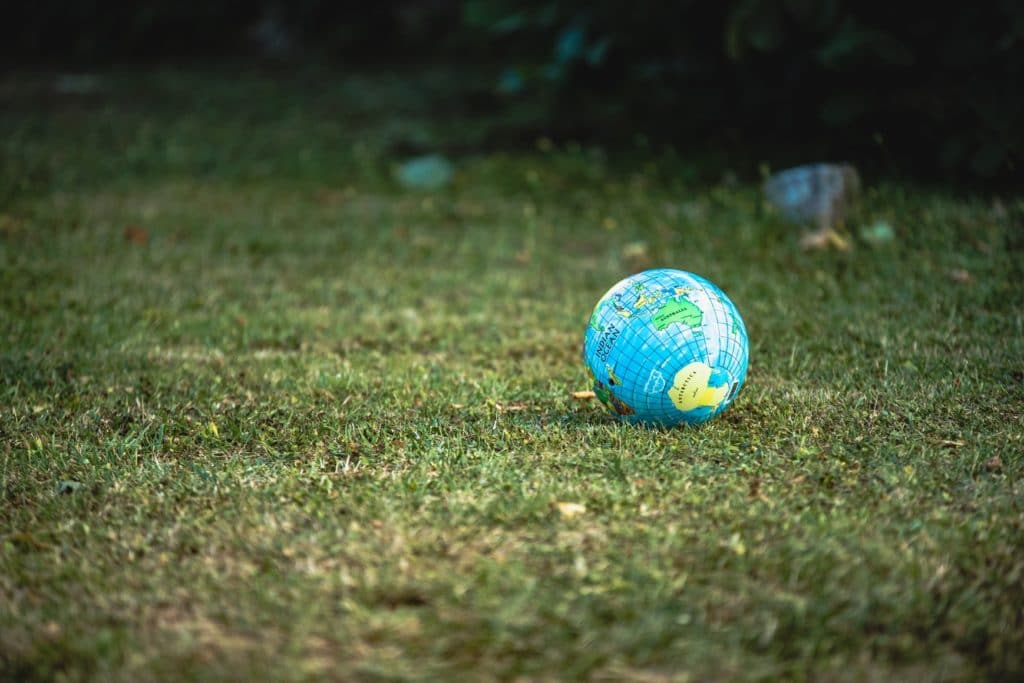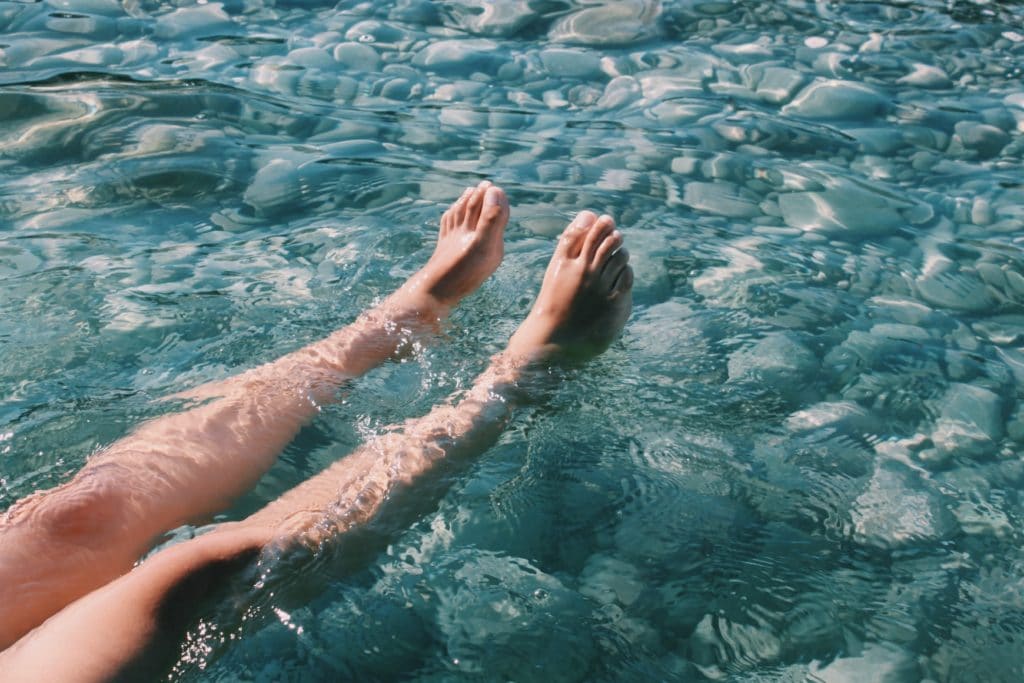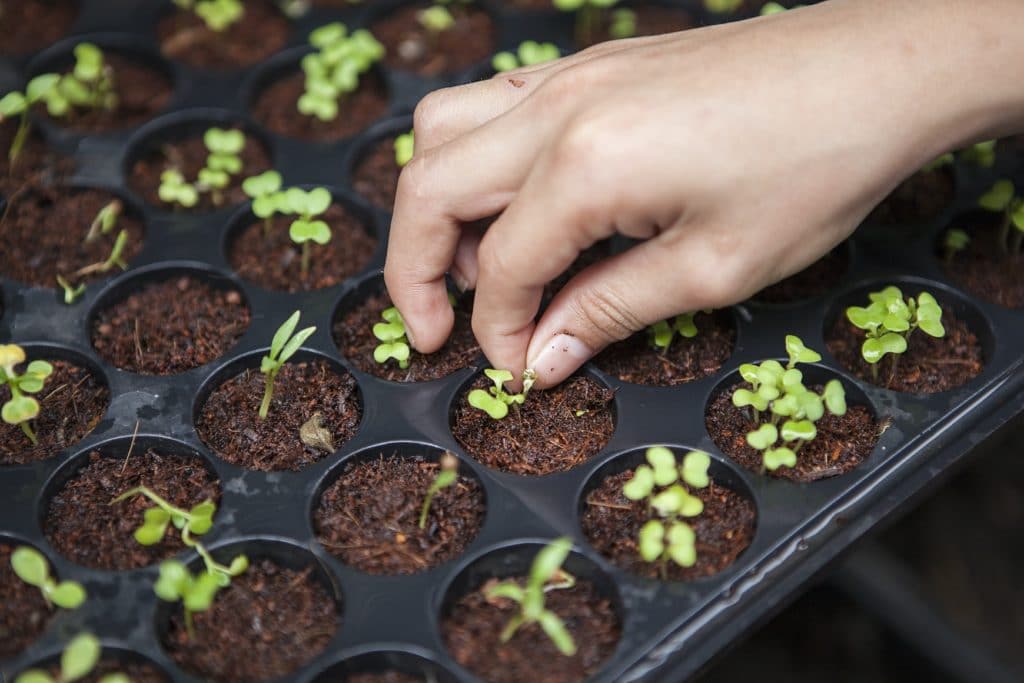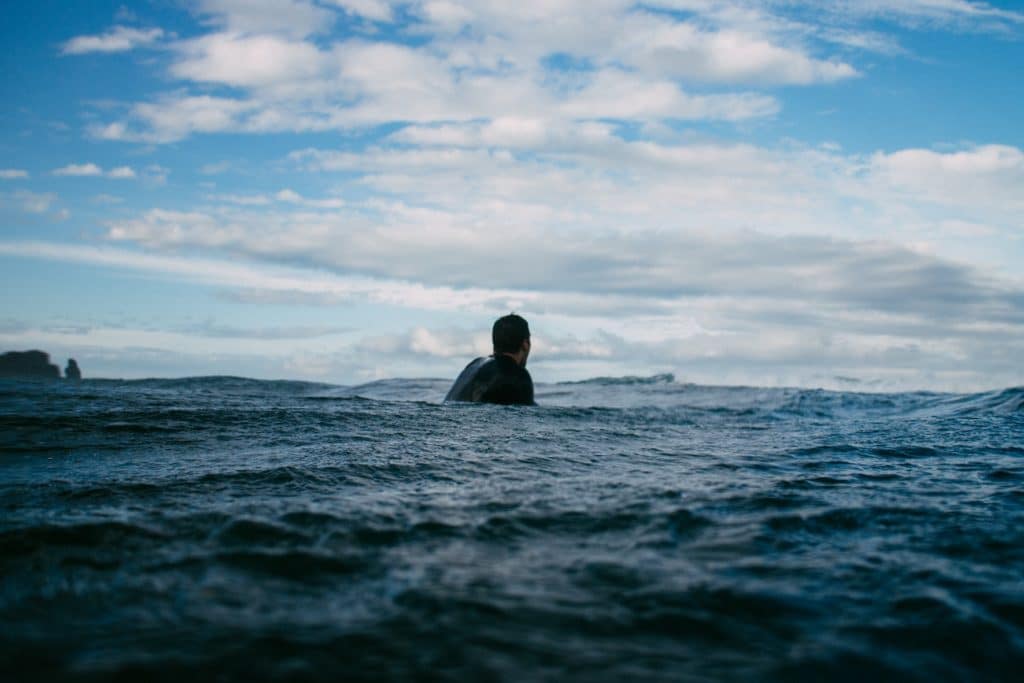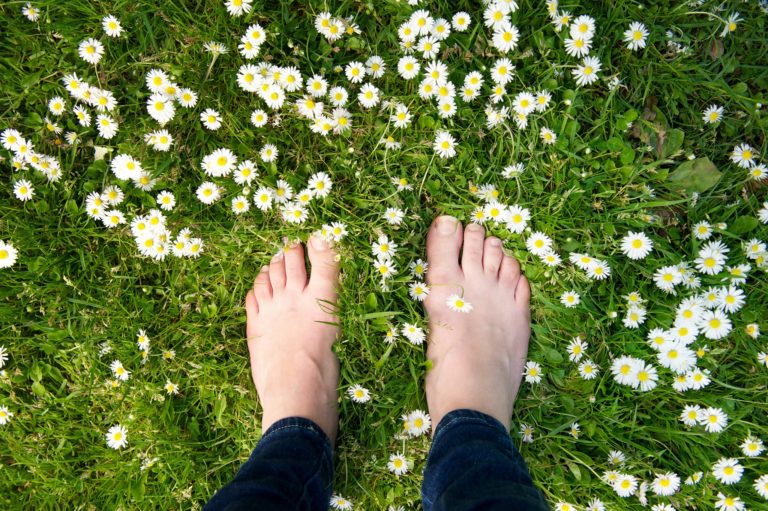
You may have heard me talk about earthing (also called grounding) before. The idea behind it is that if you make direct skin contact (or electrical contact) with the earth on a regular basis, you’ll see a variety of benefits, ranging from more energy to stress relief to better sleep.
I was skeptical of earthing for a long time. There isn’t much good research on it and I thought it sounded kind of ridiculous.
That changed a few years ago, shortly after I took a transatlantic flight to Europe. The flight was an overnighter and I arrived with a major case of jetlag.
I had a busy schedule ahead of me and I had to stay mentally sharp. One of my friends swore by earthing whenever he travelled to a new time zone. After getting off the plane he would find the nearest park, take his shoes off, and stand in the grass for 20 minutes. He claimed it took his jetlag away every time. I had nothing to lose, so I found a park and gave it a shot.
The results were undeniable. My jetlag went away immediately, and I’ve been a fan of earthing ever since. Researchers may not know how earthing works yet, but based on my personal experiences, it really does change your biology.
Part of biohacking is keeping an open mind and finding things that make a measurable difference in your performance. Based on my personal experiments, I think earthing is worth a try; you can be the judge as to whether it works for you or not.
Here’s a closer look at the theory of earthing, its possible benefits, and how you can try it for yourself.
The Theory of Earthing
Earth has a subtle negative electrical charge. Its energy field is constantly releasing ions into the environment at a low level.
The idea with earthing is that if you connect to the earth directly, either through skin contact with the ground or by standing on something conductive, you can absorb its bioelectrical charge in the form of electrons. Those electrons it deliver energy and antioxidant potential to your cells—much
like recharging a battery.
According to earthing’s proponents, your body needs extra electrons to sustain a stable internal environment, and borrowing bioelectrical energy from the earth boosts your performance at a cellular level.
Possible Benefits of Earthing
Researchers have known for years that earth has its own electrical energy field, and that you can absorb the energy through direct contact with the ground. They also know that your body has its own bioelectrical environment. Most of your cells are sensitive to changes in voltage—in fact, shifts in electrical energy form the basis for almost all cellular communication. Your brain is especially sensitive to electrical changes, and it has constant electrical activity running across it.
It’s clear that your cells are sensitive to electricity, and that bioelectrical energy has the potential to change how your body and brain work.
What’s less clear is exactly how absorbing earth’s energy changes your biology. Research on earthing is mixed, with some studies saying it’s measurably good for you and other studies saying it doesn’t do anything.
Here are some of the potential benefits of earthing, according to its proponents:
- Decreased pain
- Better sleep
- Lower stress levels and anxiety
- More energy
- Lower inflammation
- Faster healing
- Balanced cortisol levels
- Better circadian rhythm (which would explain why grounding fixed my jet lag)
5 Ways to Try Earthing
Here are a few simple ways to earth or ground yourself:
1. Go Barefoot
This is the easiest way to practice grounding. You can take a walk barefoot on grass, sand or soil, rocks, unsealed tiles/brick, and even concrete, or you can find a place in a park or nature. Any conductive surface connected to the earth will work.
2. Lay On the Ground
The more contact you make with the ground, the better. Laying down will increase your surface area and, in theory, increase the amount of electrons you absorb from the earth. Lay on the beach and let your bare skin come in contact with the sand, or find a patch of grass in a park or in your backyard.
3. Do Some Gardening
Gardening puts you in direct, sustained contact with the earth. Plus, growing your own food is badass. Plant a few rows of something in your backyard (or community garden, if you’re in a city) and make it a point to spend 20-30 minutes gardening a few times a week.
4. Touch a Plant
Go out for a walk in the woods and touch the trees and foliage around you. Just watch out for poison ivy.
5. Go for a Swim
Water conducts electrical charges well, which means when you submerge yourself in a natural body of water – at the beach, lake, or river – you are getting grounded. Take a dip or go for a swim, or just put your feet or hands in the water.
Final Thoughts
I was skeptical about earthing for years. The science to back it up just didn’t seem to be there, and that kept me from ever trying it.
Today, it’s my top biohack for getting rid of jetlag. It works every time I do it. I don’t know why, but as someone who has obsessively tracked his biometrics for over a decade, my n=1 data supports earthing.
When I ground myself after flying, my sleep is measurably better and the few times I’ve tested it, my salivary cortisol has been lower. I also have more energy and my jetlag disappears.
These days, I don’t go barefoot when I travel. It’s often inconvenient, especially when I’m on a tight schedule or I’m far away from a park.
Instead, I travel with a pair of grounding shoes. They’re specially designed shoes that have conductive materials in the soles, allowing you to mimic walking around barefoot without the inconvenience. I personally use Harmony783’s minimalist grounding shoes. They’re comfortable and they save me from showing up to important meetings barefoot, while still allowing me to get rid of jetlag and improve my sleep when I travel.
Scientists may not understand exactly how grounding works yet, but as far as I’m concerned, it’s worth your time to try it. It’s easy, it’s free, and it’s an excuse to get out in nature.
If you’re skeptical of earthing, try picking up a pair of grounding shoes and tracking your sleep, cortisol, or other metrics on days when you’re grounded versus days when you aren’t. You may be surprised by the difference you find. I certainly was.
